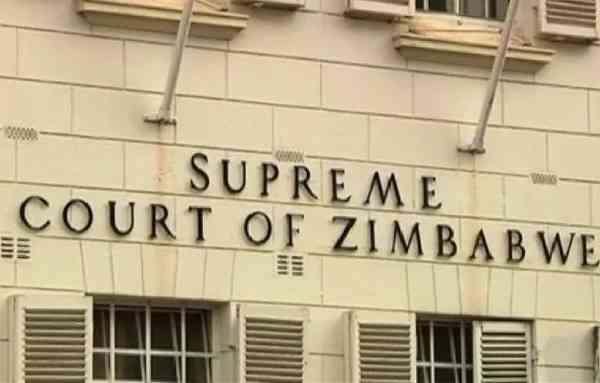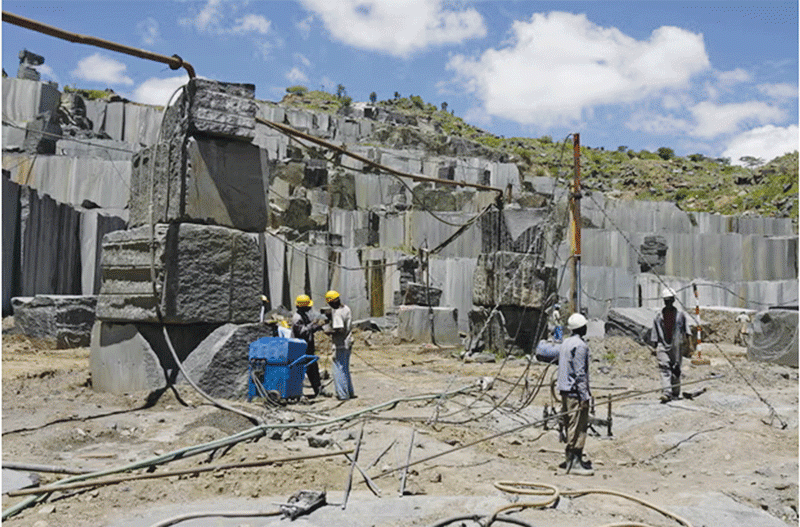
A LOCAL church has taken the National Railways of Zimbabwe (NRZ) to the Supreme Court following its eviction from the land it was leasing from the rail parastatal.
The Redeemed House of God and a company Ojei Ventures Private Limited which are the applicants appealed a High Court judgment that dismissed their application for spoliation against the respondent, NRZ to the Supreme Court.
The matter is still pending.
According to an affidavit filed by Eunicah Joan Ohizu, who is the managing director of the applicants, the applicants through their lawyer Briane Hwachi, submitted that around February 2003, the applicants identified a large vacant piece of land on the western side of Harare city centre, stand number 14432 Salisbury Township and enquired with the City of Harare.
Ohizu said they considered the geological complexities of the land due to its swampy nature, deed pits and dumps on this particular piece of land and became interested.
She was then informed by the City of Harare that the land belonged to NRZ whose premises are directly opposite to the church and the business infrastructure.
“I was then informed by the City of Harare that the land belonged to the respondent whose premises are directly opposite the site I was interested in.
“I saw the great potential in the piece of land to establish a church and business infrastructure though at the time it appeared to be impossible to make any reasonable use of the land.
- Kenya's top court to rule on disputed presidential election
- NRZ demands stiffer penalties
- More details emerge in Justice Gwaunza saga
- Opinion: Corruption a threat to viability of health systems
Keep Reading
“The respondent then referred me to their Estate Agent CB Richard Ellis Property Leasing Corporate. I had discussions with the estate agent’s official Mr Macdonald Chinyoka. A lease agreement was drafted and the initial lease period was from 1 July 2003 to 30 June 2005.”
She added: “I submit that I signed the lease agreement in May 2003 and the respondent signed in November 2003 meanwhile they had permitted development work to commence and was in progress.”
She said it was agreed that she would improve and develop the property at her own expense subject to the approval of the City of Harare.
“I spent a little over US$200 000 backfilling and preparing the land for development,” Ohizu submitted.
“Before expiry of the first lease agreement a new lease was entered into extending from 1 February 2004 to 30 January 2006.
“l built a house, office block, ablution block and a small meeting room on the premises. In addition to that between 2007 and 2008 more offices were built and so was a block of commercial shops.
“In 2009 a church auditorium was built and in 2011 a church office block was built and established. Furthermore, between 2012 and 2014 another church office block was built and established. Lastly, between 2019 and 2020 more retail shops and a warehouse were built.”
She said NRZ began enquiring whether she had licences to operate the church, the shops, and the rest of the businesses after it failed to lawfully evict them.
Ohizu said around September 23 last year, NRZ gave applicants notice of termination of the lease agreement.
Ohizu then instructed her lawyers to file an urgent chamber application on December 8, and it was heard on December 27 before Justice Emilia Muchawa and the matter was struck off on urgent roll and also expunged from the record.
Ohizu argued that NRZ should have evicted them through the Sheriff of the High Court, adding that in the circumstances, it had taken the law into its own hands and taken occupation of the premises from the applicant illegally and without consent.
However, High Court judge Justice Emy Tsanga dismissed the application for spoliation saying there was no forceful dispossession of the applicants from the premises warranting a spoliation order.
She appealed to the Supreme Court.











